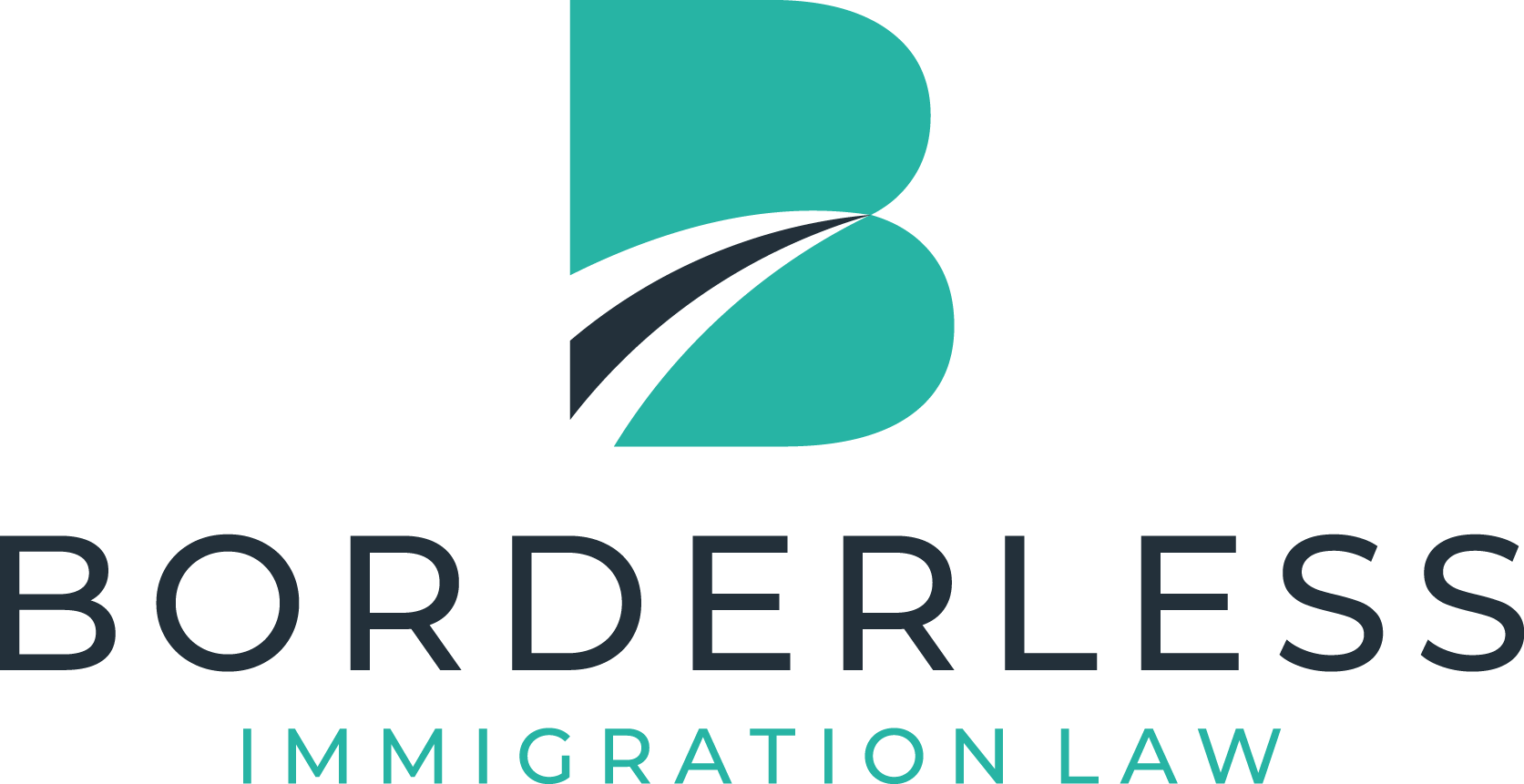
Increased Limits on International Student Study Permits
As indicated in an IRCC news release on September 18, 2024, the government has announced a further reduction in the intake cap for international student study permits for 2025, implementing a 10% decrease from the 2024 target of 485,000 permits. This means the number of permits issued will be reduced to 437,000 for 2025 and 2026.
For 2025–2026, master’s and doctoral students must now submit an attestation letter from their respective province or territory. Approximately 12% of the available study permit slots will be reserved for these students, acknowledging their contributions to the Canadian labour market.
Changes to the Post-Graduation Work Permit Program (PGWP)
Graduates of public college programs in fields linked to occupations with long-term labour shortages will continue to qualify for a Post-Graduation Work Permit (PGWP) of up to three years.
Additionally, new language proficiency requirements will be introduced for all PGWP applicants. Effective November 1, 2024, applicants must demonstrate a minimum Canadian Language Benchmark (CLB) level of CLB 7 for university graduates and CLB 5 for college graduates in English or French. These changes enhance their ability to transition to permanent residence and adapt to economic conditions.
Restrictions on Work Permits for Spouses of Master’s Degree Students
Later this year, work permit eligibility for spouses of master’s degree students will be limited to those whose study programs are at least 16 months long.
Limitations on Spousal Open Work Permits for Foreign Workers
Work permit eligibility for spouses of foreign workers will also be restricted later this year. Under Canada’s Temporary Foreign Worker Program (TFWP) and International Mobility Program (IMP), only spouses of workers in management or professional roles or sectors with recognized labour shortages will be eligible.
Master’s and doctoral students will still be required to submit a provincial or territorial attestation letter, and 12% of the permit allocation will be reserved to support these students’ contributions to the workforce.
